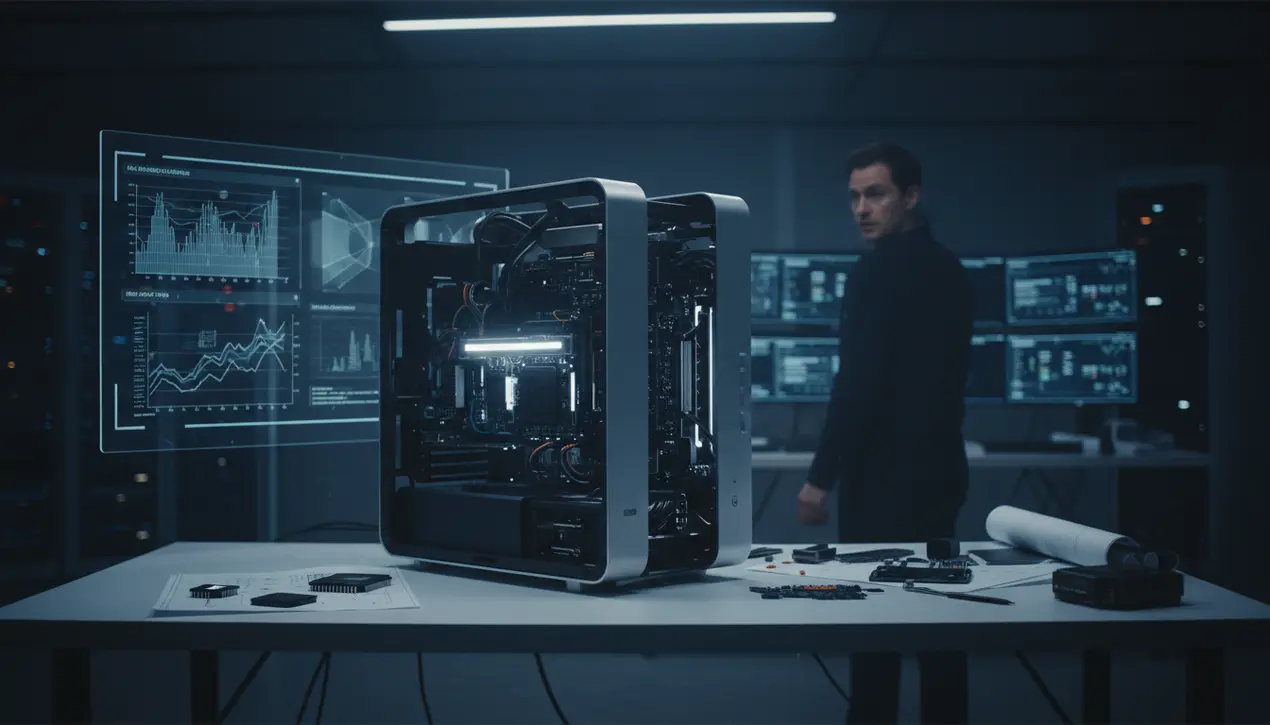
Otherauto & mobilityElectric Vehicles
Apple Reportedly Delays Mac Pro Update Again
DA
Daniel Reed
4 hours ago7 min read
The reported delay of the Mac Pro update represents a significant strategic recalibration for Apple, echoing the complex architectural challenges the company faced during its protracted transition from Intel silicon to its own proprietary ARM-based processors. This isn't merely a product postponement; it's a high-stakes engineering dilemma centered on the fundamental question of what a professional desktop workstation must be in an era increasingly dominated by the blistering, unified performance of the M-series chips.The last update in mid-2023, which finally brought the Mac Pro into the Apple Silicon family, was itself a long-awaited and somewhat controversial culmination. That iteration, however, was notably constrained, famously lacking the user-upgradable GPU capabilities that had been a hallmark of the previous 'cheese grater' and 'trash can' designs, instead relying on the M2 Ultra's integrated graphics.This compromise left a segment of the professional creative and scientific community—those working in high-end video rendering, complex simulation, and large-scale machine learning tasks—questioning the platform's ultimate trajectory. The core of the current delay likely resides in the intricate calculus of performance, thermal management, and modularity.To truly justify the 'Pro' moniker and its premium price point, a new Mac Pro would need to either introduce a revolutionary new chip architecture, such as a hypothetical 'M2 Extreme' that doubles the M2 Ultra's core count, or reintroduce a form of expandable, discrete graphics via a proprietary interconnect that doesn't compromise the memory coherence of the Unified Memory Architecture. Both paths are fraught with technical and economic hurdles.Developing a chip of such scale and complexity for a relatively niche market carries immense R&D costs, while creating a new expansion ecosystem runs counter to the company's trend of closed, integrated systems. This hesitation reflects a broader industry tension between the raw, scalable power of traditional PCIe-based workstations and the optimized, power-efficient performance of system-on-a-chip designs.For professionals in fields like visual effects and academic research, this delay has tangible consequences, forcing them to either remain on older, Intel-based systems, invest in the potentially limited 2023 model, or look towards high-performance Windows or Linux alternatives powered by AMD Threadripper or Xeon processors. The decision Apple makes here will be a definitive statement on its vision for the future of high-performance computing, determining whether it will fully commit to serving the most demanding power users or continue to prioritize a more streamlined, albeit incredibly powerful, product line where the Mac Studio increasingly blurs the line of what is 'pro' enough.
#Apple
#Mac Pro
#product delay
#hardware
#computer
#weeks picks news
Stay Informed. Act Smarter.
Get weekly highlights, major headlines, and expert insights — then put your knowledge to work in our live prediction markets.
Comments
Loading comments...
© 2025 Outpoll Service LTD. All rights reserved.